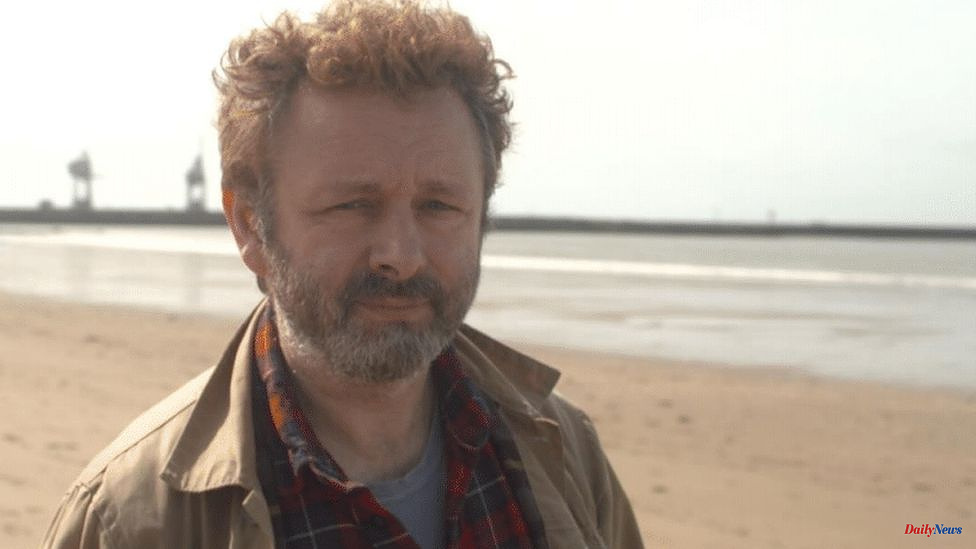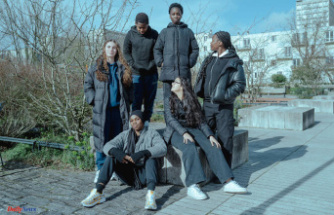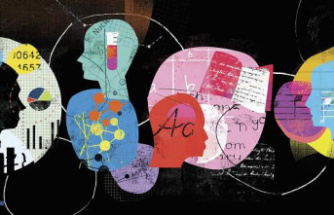What would you think if your child or a friend was placed in care? Would you be happy to live in a B&B or hostel or rough sleeping quarters?
This is what I mean by "the care system", which is the safety net that we would rely upon if we were unable to look after our children.
I have been working on a BBC documentary that has shown that teenagers still live in hostels and B&Bs six years after the Welsh government declared it would "eliminate" them.
Some stories were shocking to me.
Record numbers of children are being placed in care in England and Wales. I spoke to young people who were part of this care system. This documentary lasted an hour, was filmed over almost three years, and I helped make it for the BBC.
My question is: Does the care system "care" for children who are unable to stay with their parents?
Niall said that prison would have been a better place than the one I was in. This was according to BBC Wales Investigates' 'Lifting The lid on the Care System' documentary.
He said that he spent his childhood in care, moving between 14-18 years old. After a placement in a children's facility was lost just before he turned 17 he was moved to a B&B.
Niall said, "People moved there who had just come out from prison and stuff."
"So I was robbed a few times in there. People would kick down doors every day, smash windows and carry knives.
Niall said that he was moved into what he described as a hostel. However, his council claims it was supported housing because they tried to find him a permanent place to live.
He recalled one incident: "I was woken by a punch basically."
"So I had the task of barricading my front door. They got through it eventually. It was almost like they had all the troubled teens under one roof.
Niall's caregivers said that they tried to find him somewhere else to live and that the case wasn't straightforward. However, Caerphilly council didn’t comment on threats and violence.
Hope was 14 when she was placed in care, but she ran away when her foster placement failed.
Hope, now in her 20s, said to me that she was a child living in a tent with an older adult, sleeping rough and was 18 years old.
"Technically, I was a child of state. It wasn't okay... It wasn't OK...
Hope's care team said that it couldn't comment on individual cases. However, Wrexham council stated that its services have been transformed and would welcome Hope's feedback to help improve them.
I submitted a petition to the Welsh government in 2016 to stop children being kept in B&Bs or hostels.
Ministers stated they wanted to "eliminate it" but it is still happening six years later.
BBC Wales Investigates suggests that dozens of teenage girls like Hope and Niall are still in this position.
According to Freedom of Information requests to all Welsh councils, at least 50 young people were found in B&Bs, hostels, and budget hotels during the last financial year. At least 285 others were in accommodation that is not regulated under the care watchdog.
This is not an attack on social workers.
They have the responsibility of looking after these young people, but they are working in a system that, according to a report by social service officials last year, is facing a "crisis to find suitable places for them to stay."
Our investigation revealed that most children who are placed in temporary accommodation for minors are between 16 and 17.
One example was an 11-year old being placed in temporary accommodation by council staff because they had nowhere else to go.
Gemma, not her real name, felt let down by the system meant to keep her safe.
She claims she was exploited as a young girl by older men, before being placed in care at 14 when she became addicted to heroin.
She said, "I had moved houses 12 times before I was 15,"
"I have never unpacked everything. I'm never kept very long by anyone.
She was 16 when she was offered a place to stay by social workers. It was said that there was a drug dealer living there.
Gemma stated, "I had just spent nine months getting clean."
"They placed me in this hostel, where he was." I was there for less than a week before being back on drugs."
After hearing Gemma's story, and after meeting her, I was unable to contain my tears. This should not be the life of a child.
My personal opinion is that it's unacceptable for young people to disappear and have the worst possible outcomes.
Children are often placed in situations that make life more difficult than for others, and this is often despite their best efforts.
Social workers will tell you that these are the children most likely be homeless. They are also more likely to have mental health problems, drug dependence issues, and sexual abuse.
According to the group representing Wales' 22 local authorities, councils in Wales are "committed" to responding to growing demands and more complex problems in child social care.
Welsh Local Government Association stated that it regrets the lack of standard care and support in all cases and was eager to learn from young people.
It believes that additional funding is needed to assist children and their families earlier and that broader societal issues like access to health care and ending child poverty cannot be solved by children's social services alone.
When I challenged Wales' deputy social minister on her government's records, she said that although most children in care have loving families, she recognizes that not all children have the same experiences.
Julie Morgan MS. stated, "What we really want is to give as much support to parents and children as possible at an earlier stage and stop so many people coming into care."
"Crisis do occur, placements are broken down, families fall apart... and the children need to be placed somewhere... We don't believe that this should be the case and we're trying things to change that."
She said that there were plans to build specialist accommodation for children with complex disabilities in Wales, and that the government was increasing its investment in foster care and supporting those who leave care.
Ms Morgan said, "We have it at the top on our agenda here in Wales... but that doesn't mean things don't go right."
"To hear these stories from young people – and that I've heard so often - that break you heart, you wonder how this could have happened?"
"I accept that. But, we are doing our best to ensure that every young person in Wales leads a happy and fulfilling life."
An independent review of England and Scotland's children's care system has just concluded. It recommended that families be provided with earlier assistance.
Social service department heads have been calling for a system overhaul to address all kinds of problems.
The UK government stated that it has already prohibited under-16s from staying in areas not inspected by the watchdog. It will respond later this year with more specific plans.
However, for all the promises made by politicians, I wonder if the current system of care would take care of your child if it wasn't for you.
If so, shouldn't we all be asking ourselves if that safety net and those who use it are being given the respect they deserve?
We can't continue to let people down or get things wrong.
Do we not feel that we owe it them, and society in general, to resolve this issue?
The BBC Action Line provides links to organizations that can provide support and advice for anyone who has been affected by the issues described in this article.












